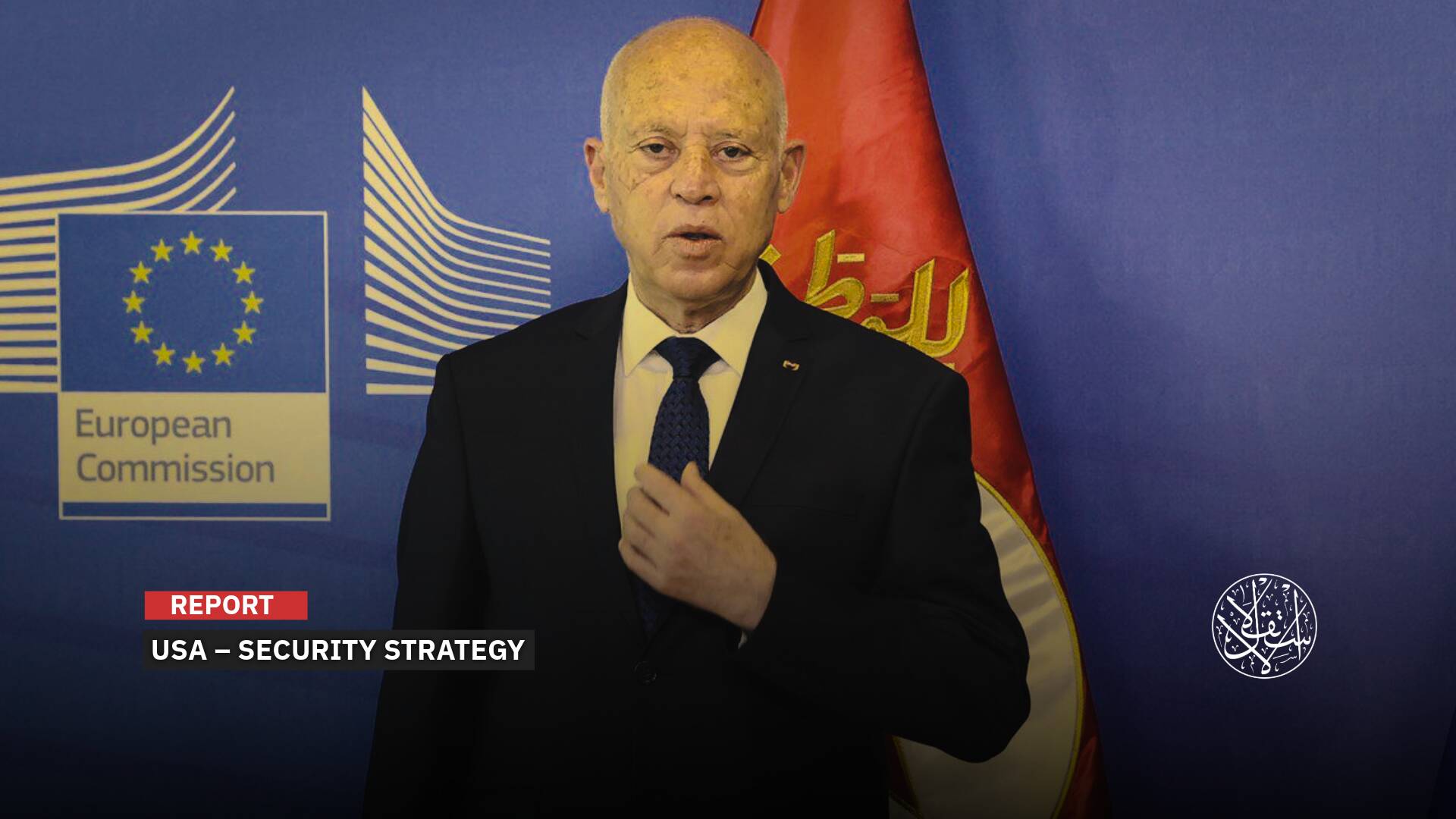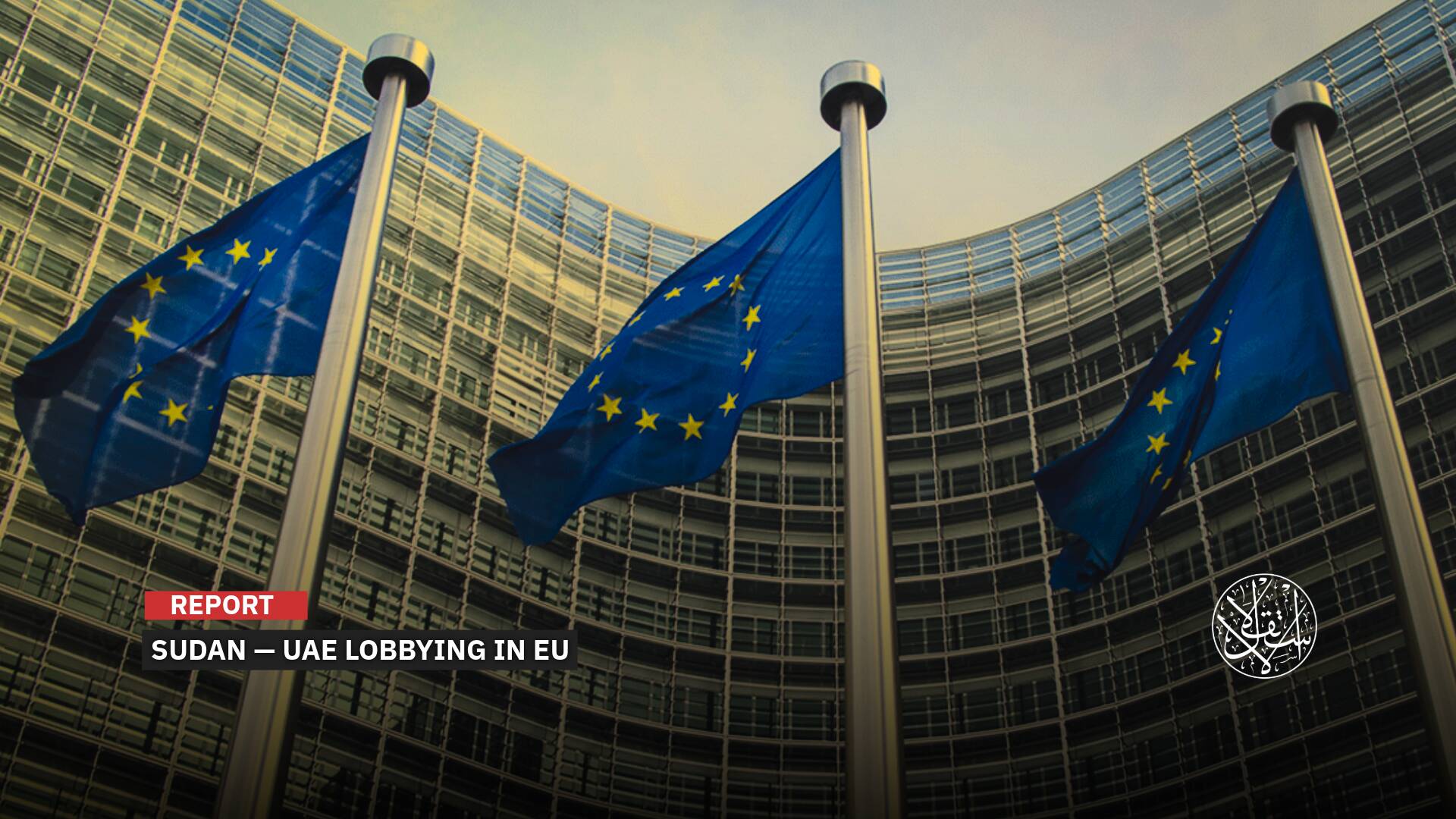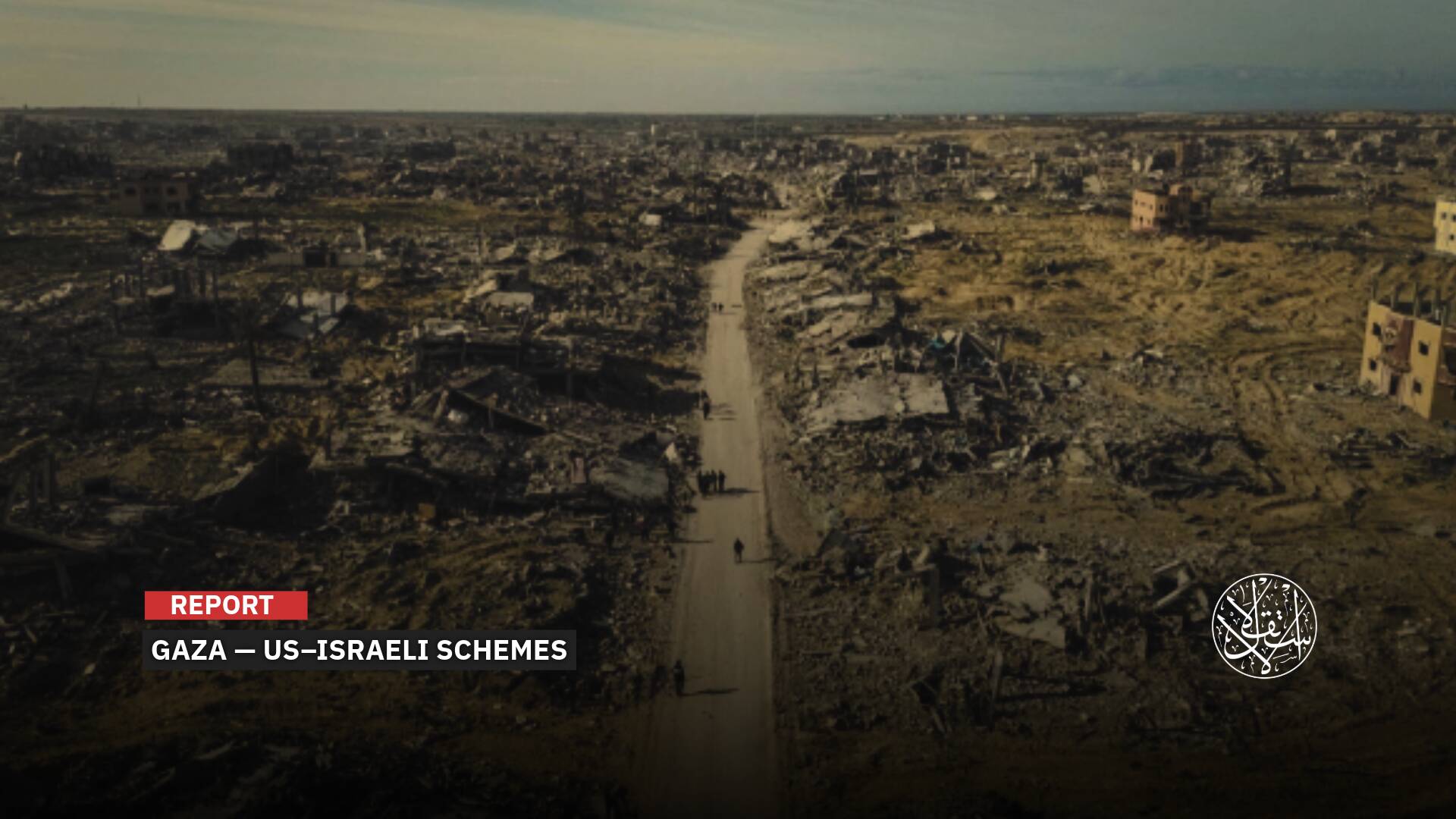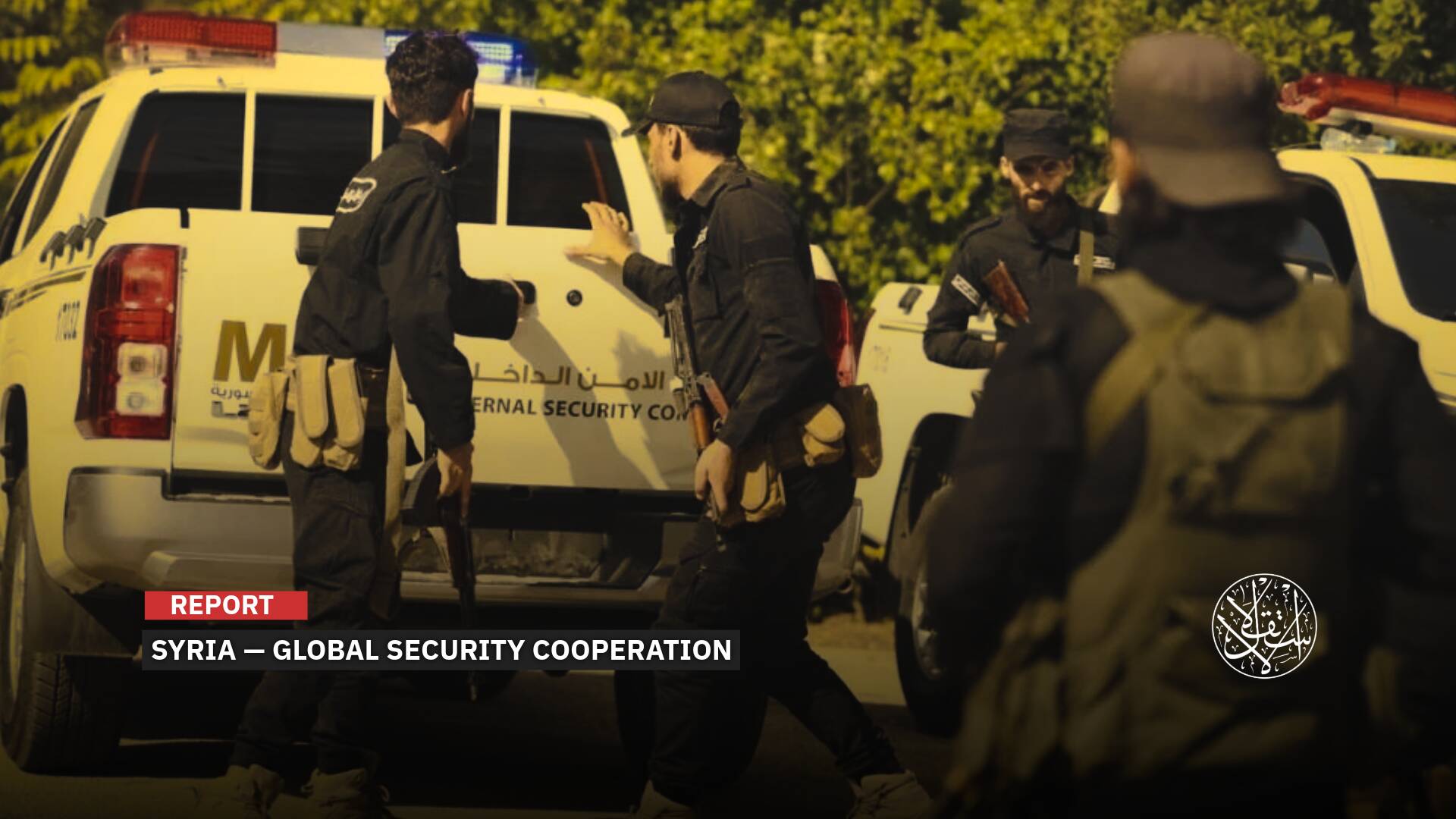"A Scary Nightmare"; Turkish Studies Center Looks Ahead to Ethiopia's Future with Abiy Ahmed

The loss of stability in sub-Saharan Africa, with high population density and sensitive political balances, which often have problems with public order and security, is a "frightening nightmare" whose repercussions can negatively affect all countries in the region, according to a Turkish Study Center.
The Ankara Politics Center published an article by Hassan Servet Oktim, in which he said that "the first thing that comes to mind about this is countries such as Nigeria, Kenya, Ethiopia and the Democratic Republic of the Congo, but in this article we will address the background of Ethiopia’s free elections and the pros and cons that will bring them to the country and the people."
The Gravity of the Situation
"Prime Minister Abiy Ahmed took office in the spring of 2018, following the resignation of the federal government dominated by the Tigray (Ethnic) group, which ruled the country with excessive authoritarianism for 27 years, following widespread protests that can no longer be suppressed," Oktim said.
"With his actions requiring political courage, the young prime minister descending from the Oromo ethnic group brought his country to high levels in the democratic race, and signed a peace agreement with ally-enemy state Eritrea, thereby gaining the praise and appreciation of the Ethiopian segments (with the exception of Tigray) and the international community."
"However, Abiy Ahmed's military operation in November 2020 against Tigray province to punish its administration ended the honeymoon between the Addis Ababa administration and Western countries and strengthened the opposition against the federal government inside the country," Oktim said.
"We know that Abiy Ahmed punished Tigray's leadership for its separatism and independence efforts by weakening the federal government, but the prime minister's use of military force and his rejection of various mediation initiatives, particularly the African Union, have corrupted the human rights record of the Addis Ababa administration and tarnished the image of the country, which has been steadily improving over the past two years."
"Affected by Operation Tigray, tens of thousands have left their homes while hundreds have died, and the emergency and hunger declarations in recent weeks issued by UN agencies against Tigray province reflect the seriousness and tragedy of the situation beyond explanation," Oktim said.
"What has happened, and what we now hope is that ethnic conflicts will end and a new page of unity will open up thanks to the new elections, unless Ethiopia can achieve peace and political stability, the development of regional cooperation and lasting peace in the Horn of Africa will be very difficult."

Grand Tragedy
"Ethiopia's main problem is power-sharing between the central federal government and the states, and the debate over the size of the power to be handed over to Addis Ababa and the size of what needs to be left to the regions is all over the country, while ethnically based politics is the second problem," Oktim said.
"Although the Popular Front for the Liberation of Tigray, which led the Revolutionary Forces and overthrew the military dictatorship in 1991, ruled the country for 27 years through the Popular Revolutionary Democratic Front alliance, it was unable to win the hearts of the people in the Amhara and Oromo regions, which make up two thirds of Ethiopia, because of its supranational Tigray nationality."
"Following its victory in 1991 and because of Eritrea's independence, the Tigray elites adopted an authoritarian form of government, reducing provincial autonomy, prioritizing economic development and based on the power of the centre under the pretext of preserving the unity of the country, but was forced to relinquish power in the face of Oromo and Amhara protests."
After being excluded from the Addis Ababa administration, Tigray's elites returned to Tigray, the capital of Tigray, in 2018, abandoning the idea of a strong federal structure that they had built for 27 years.
It then held local elections in September 2020 despite Addis Ababa's decision to postpone, sending a message that it would not cede power in the region, breaking the relationship with the federal government, according to the Turkish writer.
"Although the main objective of the military operation launched by Nobel Peace Prize laureate Abiy Ahmed in November 2020 was to wipe Tigray's leadership off the ground was to preserve the unity of the country, the accountability of the political elite in Tigray, which ruled 110 million people with iron and fire for 27 years, was among the undeclared objectives," Oktim said.
"The military operation, launched despite calls for dialogue from the entire African continent and urgent warnings from the international community, not only caused a major humanitarian tragedy, but also affected Eritrea, as well as strained relations between Ethiopia and the Sudan," he said.
"To begin with the border disputes between the two countries, which have maintained good relations for years, the Fissaqa region becomes a disputed area, and on the other hand, with the efforts of the diaspora in the United States, Joe Biden's administration has tightened its anti-Ethiopian rhetoric and begun to impose sanctions."
Expectations Fail
Oktim acknowledges that the June 21, 2021 elections, the most important in the country's history, were relatively free this time compared to the "authoritarian era", with opposition parties participating in the elections and allowing the opposition to hold rallies.
"On the other hand, we must not forget that many opponents were prevented from entering the elections (stop or ban) such as activist Jowhar Mohamed, and some parties were closed during the elections in which some 20 parties competed for 547 seats and only 33 parties participated in local elections," he said.
"Although we are not talking about elections of the kind that the Ethiopian People's Revolutionary Democratic Front (2015 Elections) won all 547 seats, it is also known that the Prime Minister's “Prosperity” Party will win the elections," he said.
"Given that elections cannot be held in almost one in six constituencies because of inadequate security conditions, we can clearly see the tragic picture Ethiopia has become in three years with the reformist prime minister."
"While there were only small conflicts between the Oromo and Somalia in the first spring of 2018, it is now impossible to prevent armed rebellion in some areas of Oromo and Amhara, while interstate border conflicts have been going on for several months and continue to cause hundreds of lives."
"I said earlier that Prime Minister Abiy Ahmed planted the reform with good faith, but he got a storm in return, and I hope I'm wrong!" said Oktim.
"However, we rejoice when authoritarian regimes fall in Africa, although it is too early to see, after all, we believe that after their collapse, democratic governance will easily dominate the country's politics, and a system based on rights and freedoms will take root in a short time, but this is a big mistake!"
"For example, it has been exactly 30 years since the collapse of the dictator Siad Barre's regime in Somalia, but the Mogadishu government, which has been supported by our country for 10 years, is still mired in chaos and has not yet been able to hold free elections," Oktim said.
"The modern state that was established in South Sudan after the West, particularly Washington, divided it into two states in 2011 to punish it, has not seen peace, security or stability since its inception, can we be truly optimistic about the future of South Sudan?" he said.
"In any case, our goal is not to weaken morale." "Ethiopia's overcoming this difficult and sensitive phase will strengthen the hopes for peace, stability, prosperity and democracy in the Horn of Africa."







